The shooting of the right-wing conservative activist Charlie Kirk on September 10 at Utah Valley University in Orem, Utah, during a question-and-answer debate, reflects the deep divisions in American society and the political landscape and represents a repercussion of the polarised America and increased political violence.
Where Ideological polarisation in the U.S. has been deeply rooted in society, and recent times have witnessed a more divided landscape over the governmental domestic and foreign policy directions, including taxes, immigration, aid to Ukraine, and Israel's war in Gaza. Since the outbreak of the Gaza war, the U.S. government has been providing extensive military, financial, and diplomatic support for Israel. Additionally, the U.S. repeatedly vetoed several UN ceasefire resolutions, widening the gap between the government's direction and the street, especially among younger generations. The American campuses witnessed a wide range of protests against Israel's war in Gaza and in support of Palestine, which were met by violence from the police forces, arrests, and threats of deportation for foreign students. Similarly, Kirk has been a strong supporter of Israel and its actions in Gaza but raised doubts on Israel’s security breaches and how Hamas was able to penetrate Israel's defence system.
Kirk was a symptom of the polarisation in the U.S. His opinions rallied many people around him and often clashed with the Democrats’ views, raising questions about the possibility that his shooting was a manifestation of deep polarisation inside American society and whether divisions over issues such as gender, immigration, and the Gaza war are key incentives for the ongoing polarisation-induced violence in the U.S.
With the mayoral and midterm congressional elections approaching, questions are raised about whether the Republican Party will utilise the political violence fuelled by intense polarisation to secure electoral gains and whether the Democratic Party can overcome internal divisions and capitalise on the concerns about the Trump administration’s heavy-handed response to Kirk’s assassination.
The Assassination as a Crossroad
Kirk emerged as a prominent figure within the conservative wing of the Republican Party and a close ally of Donald Trump and his family, becoming widely regarded as a public representative of the “Make America Great Again” (MAGA) agenda. During the 2024 presidential election, he played a central role in mobilising young Republican voters, seeking to reshape the Republican Party by appealing to younger generations. His activities frequently centred on contentious debates surrounding race, gender, and immigration, and his assertive right‑wing positions—voiced both in public forums and across social media platforms—solidified his standing among conservatives while earning sharp criticism from Democrats. Beyond domestic issues, Kirk also strongly endorsed Israel during the Gaza war, publicly defending its actions.
His assassination occurred against a backdrop of intensifying political violence. Trump himself had survived two assassination attempts in 2024, contributing to an increasingly volatile atmosphere. In response to Kirk’s killing, Trump and his administration accused the radical left of fuelling public hostility, pledging to target left‑wing advocacy groups, which they framed as complicit in the rise of violence. Conversely, figures on the left rejected these accusations, highlighting instead Trump’s own history of encouraging politically charged hostility during his first term and denouncing conservative claims that liberals were celebrating Kirk’s death.
The incident illustrates the dangerous consequences of entrenched polarisation and the growing prevalence of “us versus them” rhetoric in American political life. Such discourse fosters a climate where political opponents are cast not as rivals but as existential threats, thereby normalising violence as a means of political contestation. As partisanship increasingly shapes social identity, mutual distrust and animosity deepen, creating conditions conducive to escalating cycles of violence. Trump and his supporters’ call for retribution, directed at those they label as radical leftists, risk aggravating this polarisation further and amplifying the threat of renewed unrest.
Kirk’s trajectory thus epitomised both the appeal and the risks inherent in the current American political landscape. As a vocal critic of Democrats and a champion of Trump’s agenda, he symbolised the consolidation of partisan divisions in which ideology and identity converge. His assassination, far from being an isolated act, reflects a broader escalation of politically motivated violence that threatens social stability in the U.S.
The Anatomy of Polarisation
The U.S. is defined by profound political and social divisions that have fuelled intense polarisation among both elites and the broader public. Political polarisation between Republicans and Democrats has been a defining feature of American history, intensifying during President Trump’s first term in office. His presidency was marked by incendiary rhetoric targeting Democratic figures and the media, culminating in partisan gridlock in Congress and reaching a peak with his impeachment. After the 2020 election, the storming of the U.S. Capitol by Trump supporters exemplified how extreme polarisation can drive violence and instability.
This polarisation has sharpened distinctions between the Republican and Democratic parties, leading voters to increasingly align with one side based on ideology and fragmenting American society into hostile camps, heightening party loyalty and cultivating a prevailing “us versus them” mentality. In such an environment, partisan identity becomes inseparable from social identity, influencing individual participation in political life and encouraging the expression of opinions—and the protest of opposition—through actions rooted in hostility and, at times, violence.
Trump’s second term witnesses an increase in the severity of polarisation in American society, elevating political violence. Kirk’s death, Trump’s assassination attempts, and the shooting of Democratic legislator in the Minnesota House of Representatives Melissa Hortman and her husband are instances of the rise of political violence amid a deeply polarised arena. Hostile and demonised rhetoric in American media, particularly on social platforms, along with conspiracy theories, has amplified these divisions and correlated with rising political violence. Such discourse normalises aggression and fosters a climate where violent behaviour gains justification as an acceptable response to political adversaries.
What Comes Next?
Amid these developments, concerns are mounting over how the growing polarisation and violence highlighted in Kirk’s assassination might affect the upcoming mayoral and midterm congressional elections. Two possible scenarios unfold regarding the impact of these unfolding movements on the political landscape.
A prominent scenario entails that in such a polarised environment, the Republican Party could use the assassination incident to change the course of the next congressional midterm election, especially with Trump’s low approval ratings. It could be used to leverage their score, framing it not only as a personal loss but as a political rallying point, and portraying left-wing responses as evidence of liberal extremism and a threat. This could reinforce in-group (Republicans) victimhood and out-group (Democrats) hostility, intensifying a polarised “us versus them” narrative and increasing youth voter turnout. By increasing the polarised scene, the Party and Trump might be able to mobilise young conservative voters and swing voters, maintaining their majority in both Houses. The Party could highlight the friendship between Kirk and U.S. Vice President JD Vance, and he could have a potential role in addressing the gap and mobilising youth towards the 2026 midterm congressional elections.
Another scenario envisions a decline in the Republican Party performance in the elections following Kirk’s death. Trump’s use of Kirk’s assassination amid the polarised atmosphere to undermine freedom of speech and expression while targeting his political rivals might affect voter turnout for the Republican candidates. The decline in support for the Republican Party could be driven, in part, by concerns over threats to U.S. democracy. Historical patterns from Trump’s first term—notably his framing of opponents and critical media as threats to justify restrictions on press freedom—suggest a high probability of similar developments reoccurring, given current political indicators. The latest incident entailed taking off the late-night show, hosted by Jimmy Kimmel, following his comments on Kirk’s assassination, stating that the Republicans are using his death to “score political points”.
Besides the Americans’ concern about the economic situation and the high cost of living under Trump, voting may shift toward the Democratic candidates in the midterm congressional and mayoral elections, especially with an increased positive appeal toward Democratic mayoral candidates among younger voters. The Democratic Party could use these limitations to secure an electoral advantage. Nevertheless, the Party’s established members’ inability to endorse the left-progressive candidates shows a growing tension inside the Party over an ideological shift toward a more left-leaning liberal camp or preservation of the status quo with a centric traditional structure.
In New York City, Democratic Socialist Zohran Mamdani’s victory in the Democratic primary demonstrated a widespread dissatisfaction with the status quo and the demand for transformative policies, challenging the centrist Democrats who have long dominated local and national politics. Similarly, Democratic Socialist Omar Fateh’s endorsement over Democratic incumbent Jacob Frey in Minneapolis shows a shift toward the progressive camp within the Democrats. Whether the Party embraces or resists this momentum will shape voter engagement in the upcoming midterm congressional elections and could reshape the 2028 Presidential elections. At the same time, these divisions within the Party might provide an opportunity for the Republican Party to mobilise swing voters and voters who are critical of the Democratic Party’s direction. In all cases, electoral outcomes would be greatly shaped by these developments.
In conclusion, the assassination of Charlie Kirk is considered an indicator of America’s deepening political polarisation, where violence is increasingly becoming a response to ideological conflict. As the U.S. approaches the mayoral and 2026 midterm elections, Kirk’s assassination will not only shape political narratives but could become a rallying symbol, exploited by the Republican Party to amplify fears of left-wing extremism and to mobilise conservative voters. Yet, Trump’s administration acts to censor the media and address economic difficulties, providing an opportunity for the Democratic Party to mobilise voters. However, the Party’s internal divisions between centrist leadership and progressive candidates may fracture their ability to present themselves as a unified alternative.
References
Abdo, Geneive. “How American Public Opinion on Palestine Shifted.” The Cairo Review of Global Affairs. (2024), Accessed September 24, 2025. https://www.thecairoreview.com/essays/how-american-public-opinion-on-palestine-shifted/
Al Jazeera Staff. “Who was Charlie Kirk? What we know about the shooting and the suspect.” Al Jazeera. September 12, 2025, Accessed September 24, 2025. https://www.aljazeera.com/news/2025/9/11/who-was-charlie-kirk-what-we-know-about-the-shooting-and-the-suspect
Arbatli, Ekim, and Dina Rosenberg. (2020). United We Stand, Divided We Rule: How Political Polarization Erodes Democracy. Democratization 28 (2): 285-307. doi:10.1080/13510347.2020.1818068.
Bose, Nandita, Tim Reid, and Nathan Layne. “Trump White House scrambles to save Kirk’s young voter machine after his death.” Reuters. September 21, 2025, Accessed September 24, 2025. https://www.reuters.com/world/us/trump-white-house-scrambles-save-kirks-young-voter-machine-after-his-death-2025-09-21/
Contreras, Russell, Kyle Stokes, and Melissa Santos. “Progressive upstarts shake up 2025 mayoral races.” Axios. July 26, 2025, Accessed September 24, 2025. https://www.axios.com/2025/07/26/progressive-upstarts-mamdani-mayoral-primary
“Free speech battle erupts in the US after Charlie Kirk’s killing.” Le Monde with AFP. September 19, 2025, Accessed September 22, 2025. https://www.lemonde.fr/en/international/article/2025/09/19/free-speech-battle-erupts-in-us-after-charlie-kirk-s-killing_6745539_4.html#
Gangitano, Alex. “Trump vows crackdown on ‘radical left’ after Kirk’s murder.” The Hill. September 20, 2025, Accessed September 22, 2025. https://thehill.com/homenews/administration/5512767-trump-administration-charlie-kirk-killing/
Gidengil, Elisabeth, Dietlind Stolle, and Oliver Bergeron‐Boutin. (2021). The partisan nature of support for democratic backsliding: A comparative perspective. European Journal of Political Research. 61. https://doi.org/10.1111/1475-6765.12502
Harb, Ali. “Generation gap: What student protests say about US politics, Israel support.” Al Jazeera. April 26, 2024, Accessed September 24, 2025. https://www.aljazeera.com/news/2024/4/26/generation-gap-what-student-protests-say-about-us-politics-israel-support
King, Jordan. “What Charlie Kirk Said About Israel.” Newsweek. September 19, 2025, Accessed September 24, 2025. https://www.newsweek.com/charlie-kirk-israel-gaza-benjamin-netanyahu-2132583
Kleinfeld, Rachel. “Polarization, Democracy, and Political Violence in the United States: What the Research Says.” Carnegie Endowment for International Peace. September 5, 2023, Accessed September 22, 2025. https://carnegieendowment.org/research/2023/09/polarization-democracy-and-political-violence-in-the-united-states-what-the-research-says?lang=en
Knell, Yolande. “US blocks UN call for Gaza ceasefire for sixth time.” BBC. September 19, 2025, Accessed September 24, 2025. https://www.bbc.com/news/articles/ce3yj41083no
Lange, Jason. “Trump’s approval dips as Americans worry about economy, Reuters/Ipsos poll finds.” Reuters. September 23, 2025, Accessed September 24, 2025. https://www.reuters.com/world/us/trumps-approval-dips-americans-worry-about-economy-reutersipsos-poll-finds-2025-09-23/
Leingang, Rachel. “Charlie Kirk’s death raises fears of ‘beginning of a darker chapter’ for US violence.” The Guardian. September 14, 2025, Accessed September 24, 2025. https://www.theguardian.com/us-news/2025/sep/14/charlie-kirk-death-us-violence
Levine, Sam. “Trump blamed ‘radical left’ for Charlie Kirk’s death – even as shooter’s identity remains unknown.” The Guardian. September 11, 2025, Accessed September 22, 2025. https://www.theguardian.com/us-news/2025/sep/11/charlie-kirk-shooting-trump
Manchester, Julia. “Kirk killing mobilizes young conservatives ahead of midterms.” The Hill. September 17, 2025, Accessed September 22, 2025. https://thehill.com/homenews/campaign/5506158-conservative-youth-mobilize-after-kirk/
Mason, Jeff and Trevor Hunnicutt. “Charlie Kirk’s death ignites free speech fire storm among Trump supporters.” Reuters. September 21, 2025, Accessed September 22, 2025. https://www.reuters.com/business/media-telecom/charlie-kirks-death-ignites-free-speech-fire-storm-among-trump-supporters-2025-09-21/
Perliger, Arie. “‘This will not end here’: A scholar explains why Charlie Kirk’s killing could embolden political violence.” The Conversation. September 11, 2025, Accessed September 22, 2025. https://theconversation.com/this-will-not-end-here-a-scholar-explains-why-charlie-kirks-killing-could-embolden-political-violence-265060
Roarty, Alex. “Republican Campaigns Are Already Seeing Signs That Charlie Kirk’s Death Is Galvanizing the Youth Vote.” NOTUS. September 19, 2025, Accessed September 24, 2025. https://www.notus.org/2026-election/charlie-kirk-youth-voters-republicans
Saad Nardine, and Regan Morris. “ABC takes Jimmy Kimmel off air over Charlie Kirk comments.” BBC. September 18, 2025, Accessed September 22, 2025. https://www.bbc.com/news/articles/c203n52x1y9o
Stelloh, Tim. “What we know about the case against the man accused of fatally shooting Charlie Kirk.” NBC News. September 17, 2025, Accessed September 22, 2025. https://www.nbcnews.com/news/us-news/murder-suspect-charlie-kirk-shooting-tyler-robinson-rcna231797
Walsh, Joe and Caitlin Yilek. “The crackdown on Charlie Kirk critics has ignited a free speech debate. Legal experts say it sets a dangerous precedent.” CBS News. September 18, 2025, Accessed September 22, 2025. https://www.cbsnews.com/news/trump-charlie-kirk-free-speech-first-amendment/
Wendling, Mike. “Minnesota assassination survivor and husband shot 17 times.” BBC. June 16, 2025, Accessed September 24, 2025. https://www.bbc.com/news/articles/c7717mk1gk6o



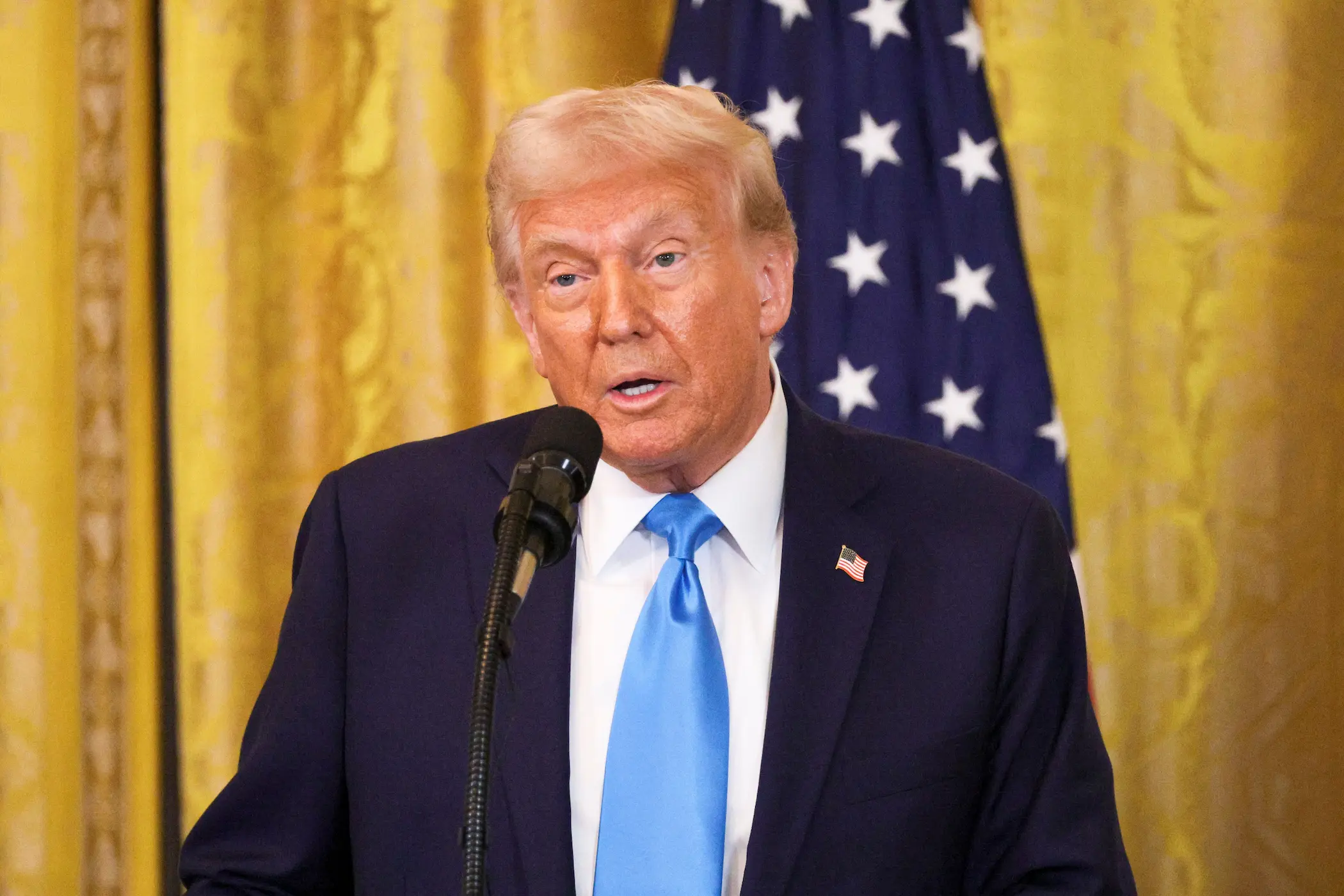
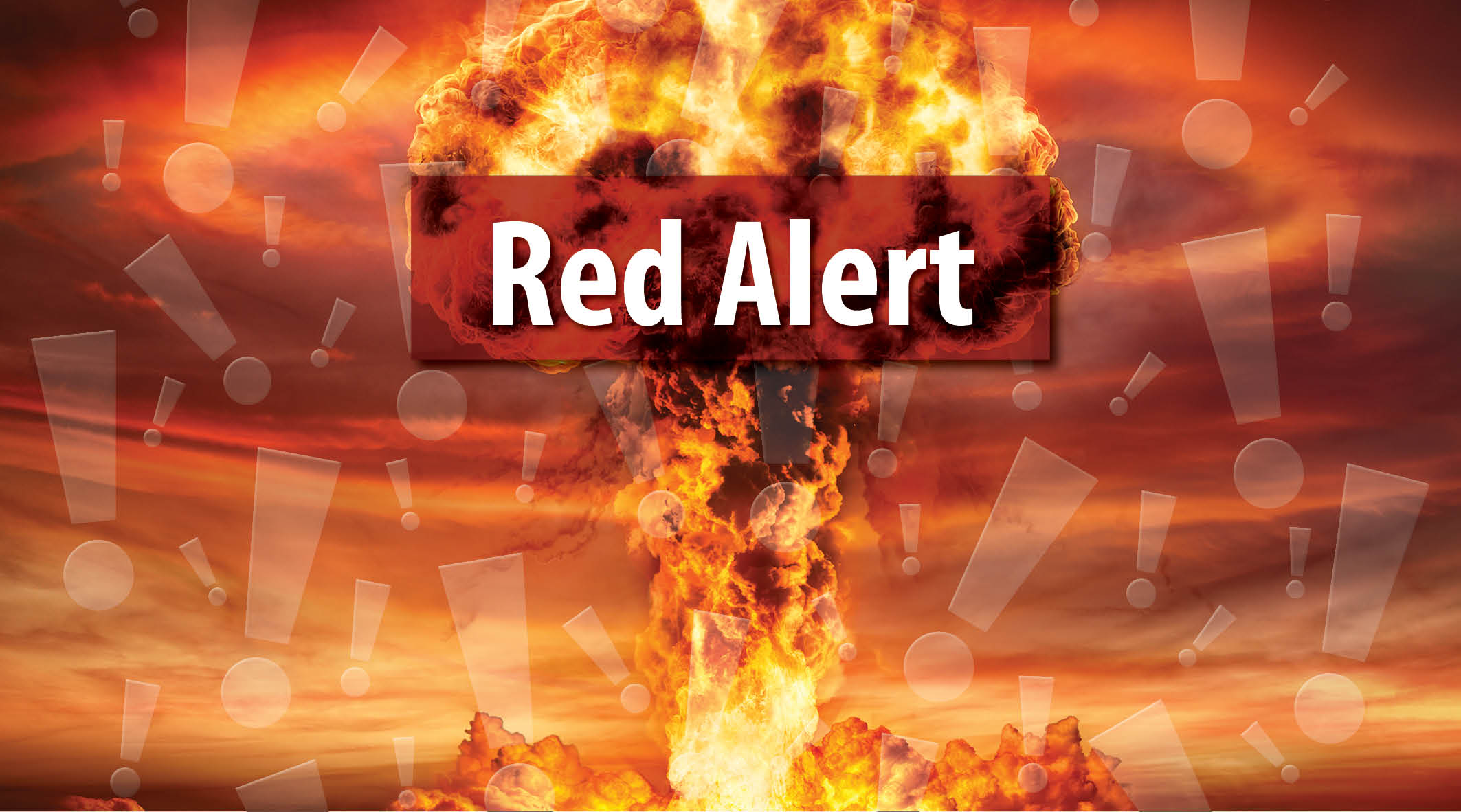







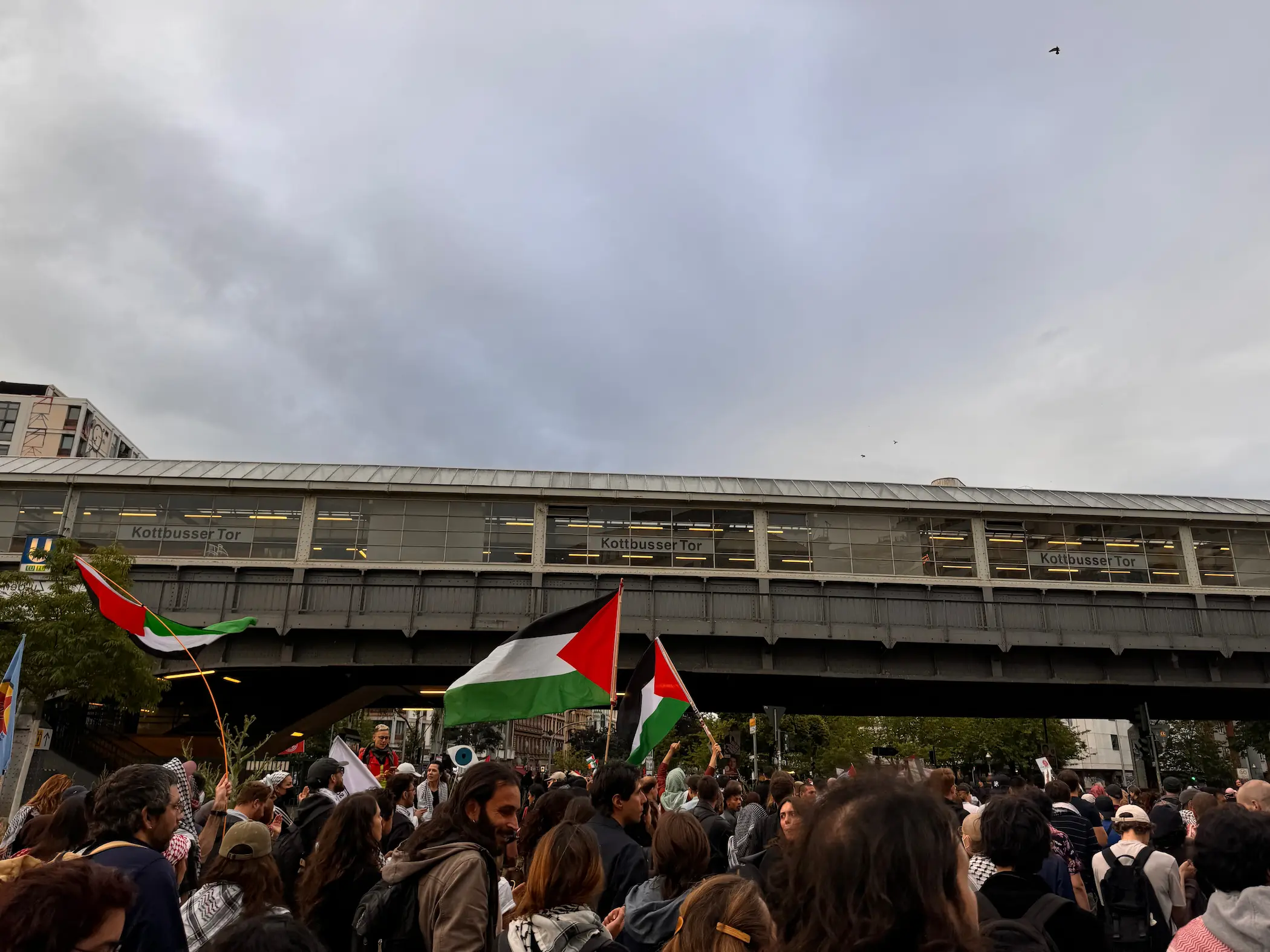







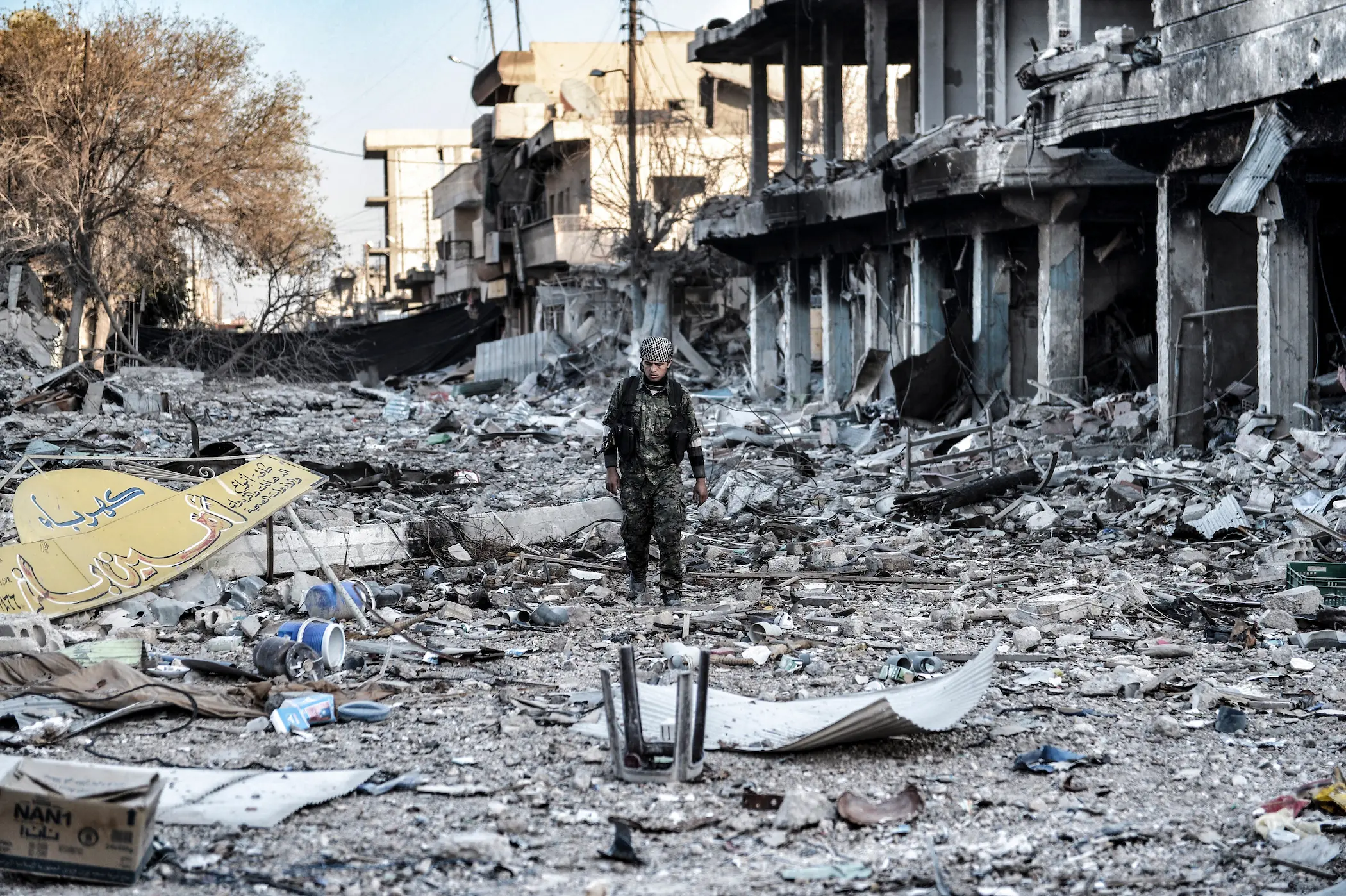
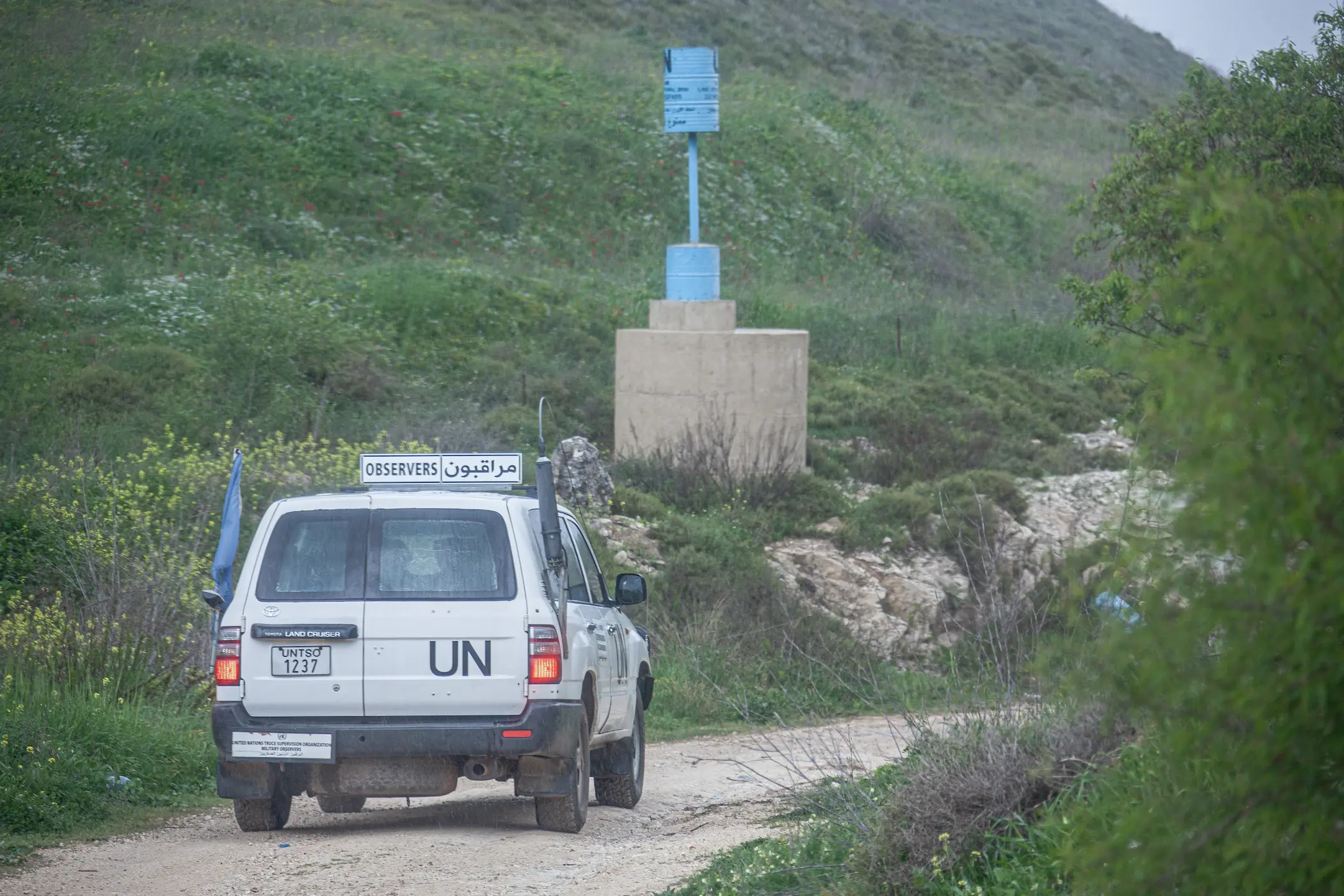
Comments